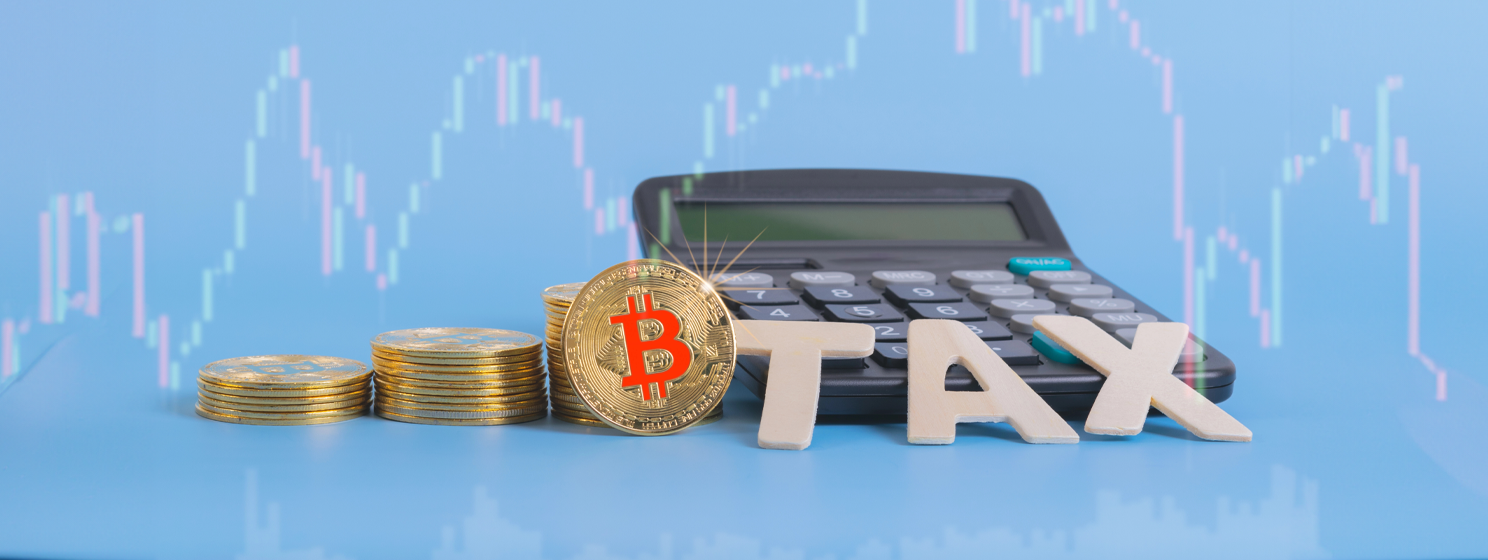|
Getting your Trinity Audio player ready...
|
A week of existential crisis and introspection in the digital asset industry falls at a time of legislative uncertainty in Washington, D.C., with a growing chorus of voices demanding improved regulation in the space.
The collapse of FTX and the dramatic fall from grace of its founder, crypto golden boy and prolific lobbyist Sam Bankman-Fried, coincided with a momentous week in politics, with the Democrats losing the House but outdoing expectations in the U.S. midterms.
This has left many speculating on the future of the bills and industry that the disgraced former CEO of FTX lobbied so hard for.
FTX collapse
The crisis kicked off when Binance CEO Changpeng Zhao announced he would be dumping his company’s $580 million of FTT, a token FTX had been using to prop up its debts, stating, “we won’t support people who lobby against other industry players behind their backs.” This caused FTX customers to panic, flooding the platform with withdrawal requests that the company could not fulfill. In a humiliating twist, Bankman-Fried was then forced to ask CZ to bail FTX out by buying the company. Something the Binance CEO initially agreed to and then a day later u-turned on, forcing FTX to file for bankruptcy and Bankman-Fried to resign.
As well as being the end of one of the world’s largest and most prominent digital asset exchanges, this sorry sequence of events is also the curtain call for the self-appointed advocate-in-chief of the crypto industry.
The loveably ‘down-to-earth’ innovative-finance darling of Washington DC, Sam Bankman-Fried, was one of the most outspoken campaigners for the industry—or certain aspects of it—and wasn’t afraid to play the lobbying game to back this up.
SBF’s lobbying
Once vowing to give up to $1 billion to political candidates linked to causes he supported, Bankman-Fried told the Los Angeles Times in August that his donations “had nothing really, specifically, to do with anything related to FTX.” One example is his support—to the tune of $27 million—to Protect Our Future, a super Pac focused on advancing Democrats who champion pandemic prevention.
Despite his claims of avoiding conflict-of-interest contributions, Bankman-Fried outspent all other digital asset industry lobbyists in the leadup to the 2022 midterm election. Contributions of nearly $40 million to campaigns in this election cycle made him the sixth-largest individual donor in the U.S., according to OpenSecrets’ biggest individual donor list.
Amongst these donations, the FTX founder gave $3.5 million to the GMI Pac, which transferred approximately $5.8 million to Web3 Forward Pac, a pro-crypto super Pac. Web3 Forward supported the campaigns of senator-elect John Fetterman and senator Ron Wyden, an innovation-friendly candidate and the chair of the powerful Senate finance committee, respectively—not so crypto-neutral after all.
The majority of Bankman-Fried’s $40 million went to Democratic candidates either directly or via various Pacs, but during the 2022 cycle, Bankman-Fried also donated $155,000 to Republican Pacs. Namely, the Alabama Conservatives Fund, which backed crypto-friendly senator-elect Katie Britt; and Heartland Resurgence, which backed Senator John Boozman, a key name on the Senate agriculture committee.
Bankman-Fried also donated to several of Boozman’s colleagues on the Senate agriculture committee, Tina Smith, Richard Durbin, and Debbie Stabenow, the latter being the committee’s Democratic chair. This is no coincidence, given that the committee was responsible for introducing the Digital Consumer Protection Act 2022 (DCCPA) back in August, a bill Bankman-Fried championed from the beginning and is still working through Congress.
The DCCPA
The DCCPA was introduced into the U.S. Congress in August by the U.S. Senate Committee on Agriculture, Nutrition, and Forestry, with an aim to further empower the Commodity Futures Trading Commission (CFTC)—one of the core governing bodies of the digital asset space.
An unexpectedly strong showing from the Democrats in the U.S. midterms saw the party maintain control of the Senate and only marginally lose the House.
With Congress under Republican control, the much-planned legislation will likely get lost in the quagmire of partisan politicking. However, one of the driving forces behind the progress of the DCCPA has been its cross-party support and, elections aside, this looks set to continue.
Another question mark around the bill was how lawmakers might respond to the collapse of FTX. Bankman-Fried has been one of its strongest supporters, vocally and financially, saying back in August, “it would help strengthen liquidity, while fighting against bad actors in the ecosystem”—how painfully ironic these words seem now.
Fortunately for proponents of the DCCPA and the CFTC, in a November 10 statement, the Committee on Agriculture, Nutrition and Forestry doubled down on its commitment to the bill, writing, “the events that have transpired this week reinforce the clear need for greater federal oversight of the digital asset industry.”
“Chairwoman Stabenow and I remain committed to advancing a final version of the DCCPA that creates a regulatory framework that allows for international cooperation and gives consumers greater confidence that their investments are safe,” wrote Senator Boozman in the Committee’s statement.
This might go some way to calming those who feared for the bill’s progress in the wake of the changing of the guard in the House, as well as one of its most high-profile supporters effectively being on the lam.
Determination for regulation
For some, the need for action and change in the digital asset space has only been confirmed by the tumultuous week.
“What’s going to happen now is, there won’t be another situation like this for capital investors ever again, we’re simply not going to put capital to work until this stuff gets regulated,” said Kevin O’Leary, O’Shares Investments chairman and ‘Shark Tank’ investor.
Speaking to CNBC the last week, O’Leary, who was a shareholder in FTX, went on to say, “I’m going to fly to Washington and I want regulation, I want it now, no more delaying. I think this puts tremendous pressure on the FCC.”
This is a position shared by Republican representative Patrick McHenry, who, in the post-midterm shift on the Hill, is poised to chair the House Financial Services Committee. In a November 8 press release, McHenry echoed the sentiments of many observers of the digital asset space throughout the FTX crisis:
“The recent events show the necessity of congressional action. It’s imperative that Congress establish a framework that ensures Americans have adequate protections.”
With voices from across the political spectrum emphasizing the need for action, bipartisan support for bills such as the DCCPA appears unbroken by the midterm reshuffle. As the FTX drama continues to play out, calls for stronger regulation are only growing louder in both the public and private sectors. But in the absence of one of the loudest ‘crypto’-lobbying voices in D.C., regulation in the industry is almost certain to chart a different course moving forward.
Follow CoinGeek’s Crypto Crime Cartel series, which delves into the stream of group—from BitMEX to Binance, Bitcoin.com, Blockstream, ShapeShift, Coinbase, Ripple,
Ethereum, FTX and Tether—who have co-opted the digital asset revolution and turned the industry into a minefield for naïve (and even experienced) players in the market.

 03-05-2026
03-05-2026 




